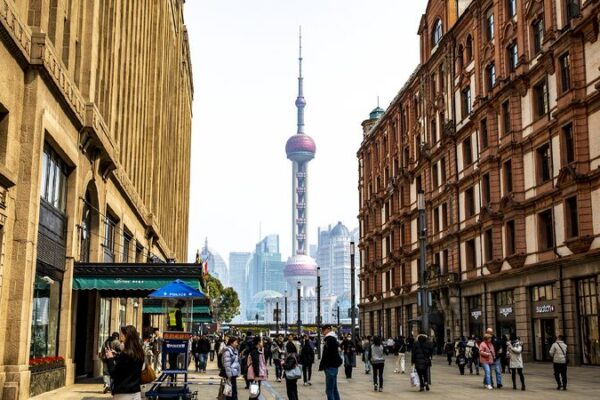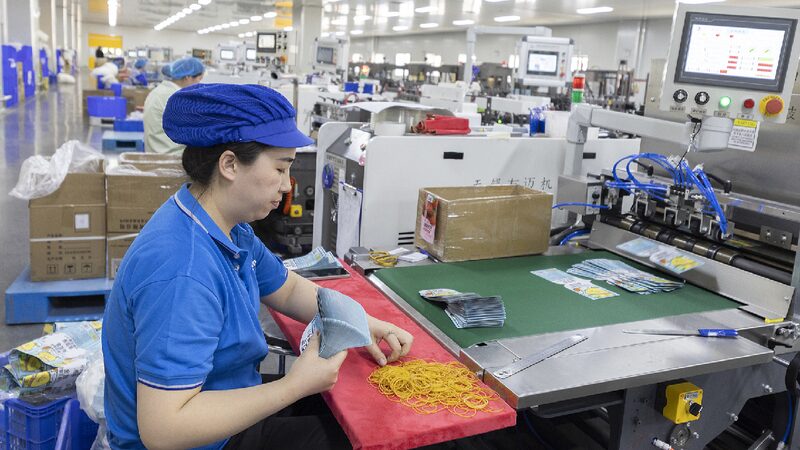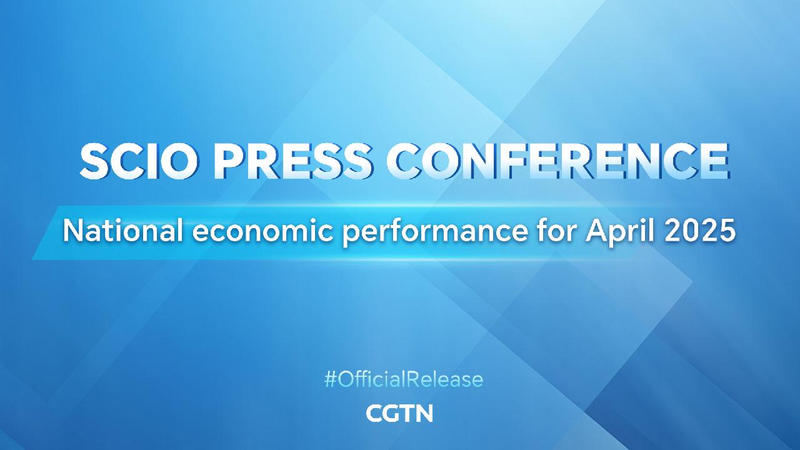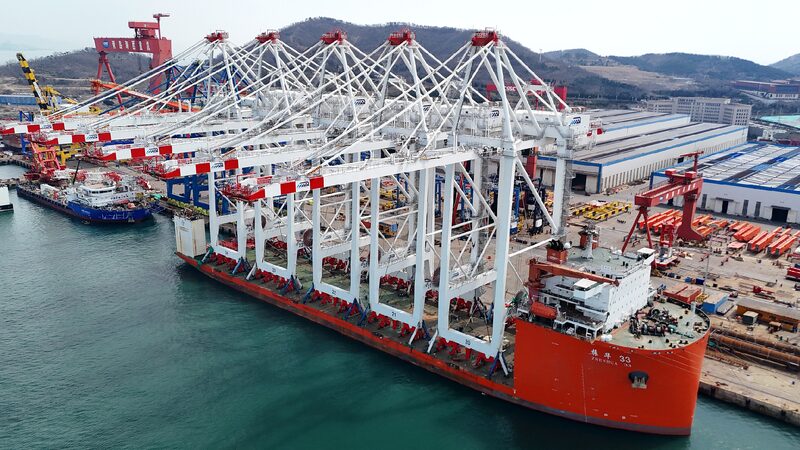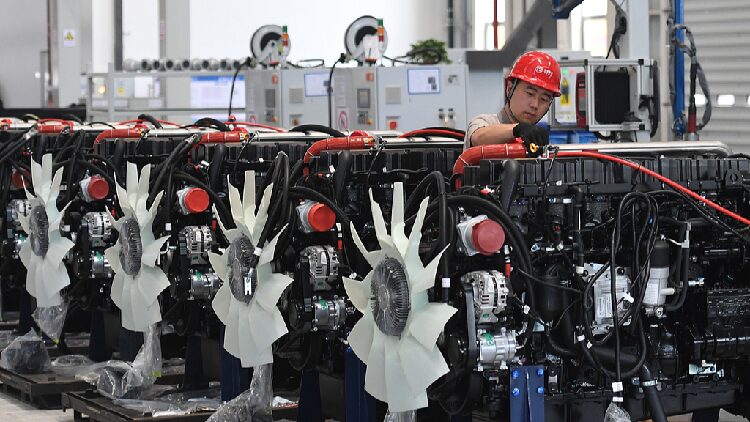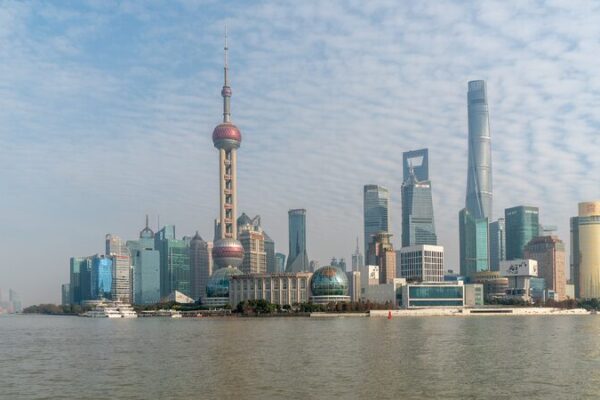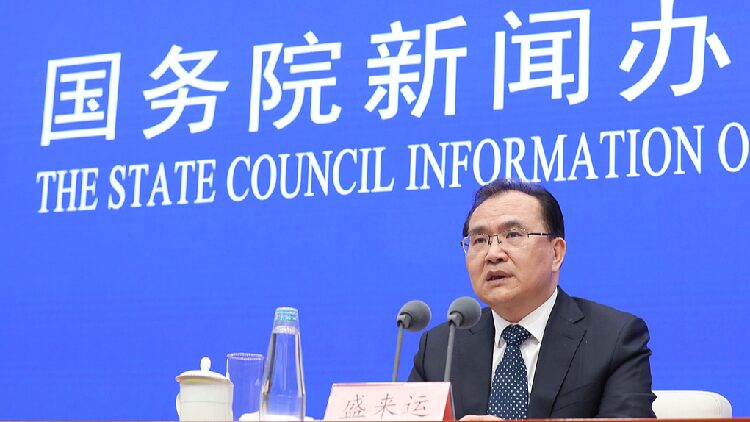China is boosting domestic consumption and further opening up to foreign investment to counter the impact of U.S. tariffs, economic experts highlighted at a recent briefing in Beijing. These measures are expected to help the world’s second-largest economy mitigate external pressures and sustain its growth.
During the China Finance 40 Forum on April 21, specialists discussed China’s impressive economic performance in the first quarter of 2025. According to the National Bureau of Statistics, the Chinese economy grew by 5.4% year-on-year, exceeding expectations and marking a 1.2% increase from the previous quarter.
“China’s economy continued its strong momentum from the end of last year, primarily driven by proactive fiscal policies,” said Zhang Bin, Deputy Director of the Institute of World Economics and Politics at the Chinese Academy of Social Sciences. “Fiscal measures have significantly improved cash flow, leading to higher revenues for industrial enterprises and more disposable income for households.”
Zhang noted that the real estate sector showed signs of recovery, especially in major cities, as supportive policies helped stabilize market expectations. He emphasized that amid external challenges, expanding domestic consumption remains a top priority for sustaining economic growth.
Professor Huang Yiping, dean of the National School of Development at Peking University, underscored the crucial role of private enterprises in technological innovation and job creation. “Reforms to streamline regulations, enhance intellectual property protection, and ensure fair competition are essential to strengthen business confidence,” Huang said. He suggested that the central government should adopt more policies to support export-oriented companies facing rising tariffs.
Guo Kai, executive president and senior fellow at the China Finance 40 Forum Institute, highlighted positive developments in China-EU negotiations on electric vehicles. “The recent progress is a good sign,” Guo remarked. “Chinese companies can increase investment in the European automobile industry, creating win-win results, similar to how European companies invested in China 30 to 40 years ago.”
On April 8, China and the European Union agreed to begin consultations on market access and to launch negotiations on electric vehicle pricing commitments and bilateral investment cooperation in the auto sector. The agreement followed a video call between Chinese Commerce Minister Wang Wentao and European Commissioner for Trade and Economic Security Maros Sefcovic.
Amid global market turbulence and challenges from U.S. trade policies, Guo emphasized that China should continue dialogue and negotiations with major trading partners, including the EU and countries involved in the Belt and Road Initiative. He noted that the EU, reassessing its economic policies in light of U.S. tariffs, shares China’s commitment to upholding the principles of a free trade system.
“China’s policies aimed at expanding its vast domestic market and boosting consumption send a clear signal to other economies,” Guo added. “They address concerns about the potential diversion of Chinese export goods to their markets amid rising U.S. tariffs.”
Reference(s):
Experts: China tackling U.S. tariffs with more consumption, opening up
cgtn.com

